The countries around the world without jury trials
Legal systems in much of continental Europe and Asia do not rely on randomly selected members of the public

A free daily email with the biggest news stories of the day – and the best features from TheWeek.com
You are now subscribed
Your newsletter sign-up was successful
A bedrock of the English justice system is the right to be judged by a group of your peers – a jury. But it is far from the norm worldwide.
As the backlog in the criminal courts continues to impede justice, the government is under pressure to come up with solutions – a task given to a former judge, Brian Leveson. His recommendations include removing the right to be tried by a jury of peers in certain cases. "I don't rejoice in these recommendations, but I do believe they're absolutely essential," he wrote. There is "a real risk of total system collapse in the near future", which could "lead to a breakdown in law and order".
Lawyers argue that restricting jury trials isn't practical and could lead to discrimination against minorities. But jury trials themselves are controversial, and not without concerns of bias. Many democracies worldwide do not rely on them at all.
The Week
Escape your echo chamber. Get the facts behind the news, plus analysis from multiple perspectives.

Sign up for The Week's Free Newsletters
From our morning news briefing to a weekly Good News Newsletter, get the best of The Week delivered directly to your inbox.
From our morning news briefing to a weekly Good News Newsletter, get the best of The Week delivered directly to your inbox.
Italy
The criminal law system in Italy is "often referred to as a hybrid", said the Harvard Journal of Law and Gender. It's a "composite of the two dominant Western models of criminal procedure": the US-UK "adversarial", in which two sides, prosecution and defence, present their cases before a judge and jury; and the European "inquisitorial", in which a judge investigates a case, collects evidence and questions witnesses.
In certain courts, professional judges work alongside "lay" judges – non-professional members of the public – to make decisions. These giudici popolari are selected from a list of eligible citizens: there is a minimum age and education level, and they cannot be members of the armed forces, police or clergy or allow religious beliefs any influence.
In 2009, the jury that found Amanda Knox guilty of murdering Meredith Kercher provoked "intense criticism" in the US, said Italian studies professor Sarah Annunziato on The Conversation. Journalists blamed the (later overturned) guilty verdict on "rampant anti-Americanism, media bias, an allegedly corrupt prosecutor, and the Italian justice system itself".
Germany
Jury trials were abolished in Germany in 1924 and most cases are tried by a professional judge or a panel of "lay" judges known as Schöffen. Councils compile lists of members of the public "deemed suitable", who are then chosen by committee for a five-year term, said The Guardian.
A free daily email with the biggest news stories of the day – and the best features from TheWeek.com
They must be between 25 and 69 years old, and "religious ministers, certain politicians and health professionals working in the court system are among those excluded".
France
Similarly, only the most serious cases are heard by juries in France. A criminal trial court, or cour d'assises, is comprised of three judges who deliberate with six jurors to reach a verdict, but only in cases that carry the longest sentences.
Cases that carry a maximum sentence of 15-20 years – i.e. "nearly all rape trials", said The Guardian – are tried by a panel of five judges at "département criminal courts". Dominique Pelicot, for example, was found guilty of his crimes against his wife Gisèle by a panel of five judges.
India
Jury trials, introduced under British colonial rule, were abolished after a landmark ruling in the infamous Nanavati case. A navy commander, Kawas Nanavati, was acquitted by a jury of murdering his English wife's lover despite "overwhelming evidence" – and his own confession.
The judge declared the verdict "perverse", said the BBC. He referred the case to the High Court of what was then called Bombay, which found Nanavati guilty. The trial amplified decades of concern about the jury system and its failure to deliver independent or impartial verdicts. It "wrote the death warrant of jury trials in India"; they were phased out before being officially abolished in 1973.
Most of Asia's common law jurisdictions (countries such as Singapore, Pakistan and Malaysia) have also abolished jury trials, amid concerns that juries are susceptible to bias.
Harriet Marsden is a senior staff writer and podcast panellist for The Week, covering world news and writing the weekly Global Digest newsletter. Before joining the site in 2023, she was a freelance journalist for seven years, working for The Guardian, The Times and The Independent among others, and regularly appearing on radio shows. In 2021, she was awarded the “journalist-at-large” fellowship by the Local Trust charity, and spent a year travelling independently to some of England’s most deprived areas to write about community activism. She has a master’s in international journalism from City University, and has also worked in Bolivia, Colombia and Spain.
-
 ‘Poor time management isn’t just an inconvenience’
‘Poor time management isn’t just an inconvenience’Instant Opinion Opinion, comment and editorials of the day
-
 Bad Bunny’s Super Bowl: A win for unity
Bad Bunny’s Super Bowl: A win for unityFeature The global superstar's halftime show was a celebration for everyone to enjoy
-
 Book reviews: ‘Bonfire of the Murdochs’ and ‘The Typewriter and the Guillotine’
Book reviews: ‘Bonfire of the Murdochs’ and ‘The Typewriter and the Guillotine’Feature New insights into the Murdoch family’s turmoil and a renowned journalist’s time in pre-World War II Paris
-
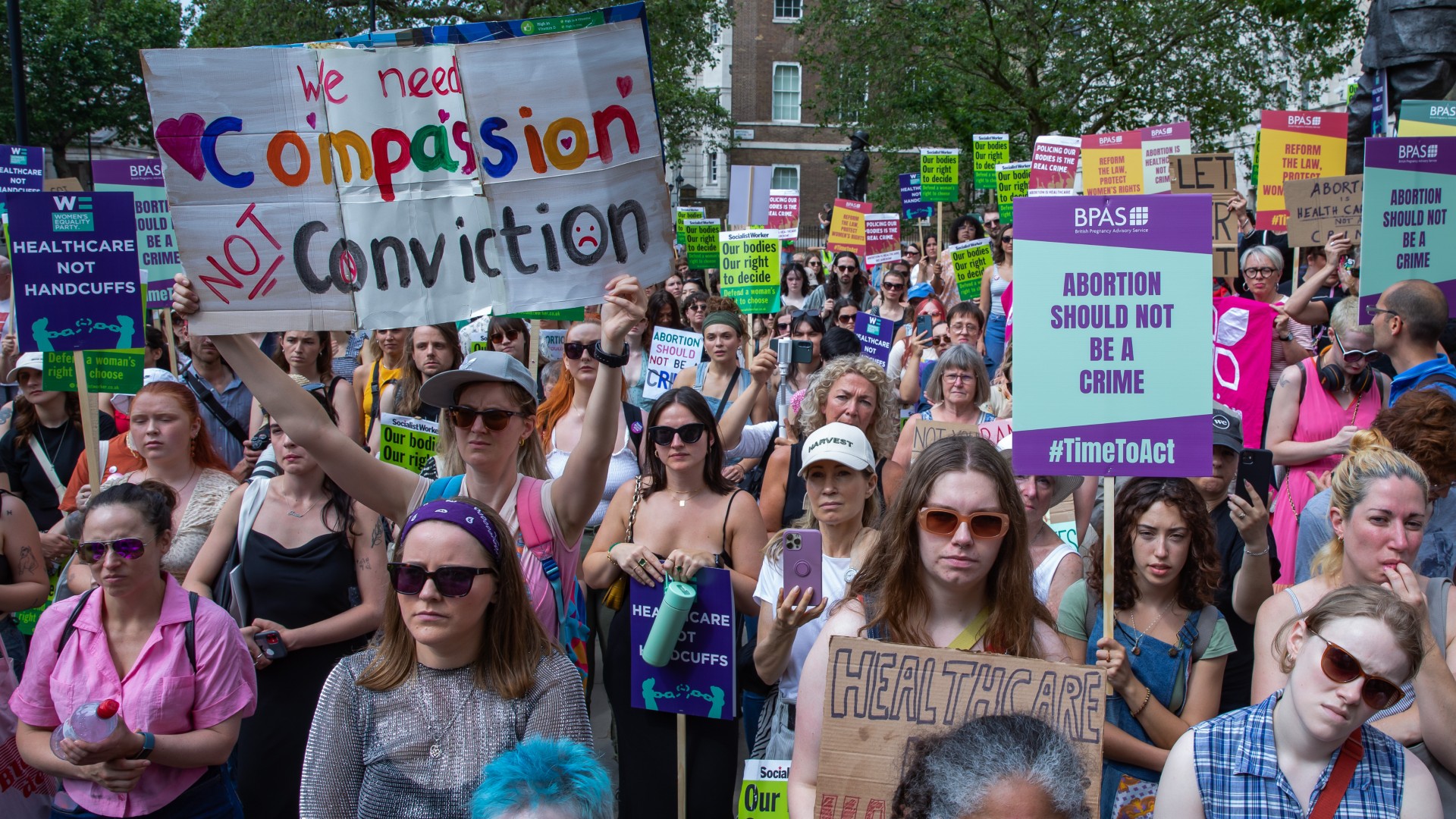 Is the UK about to decriminalise abortion?
Is the UK about to decriminalise abortion?Talking Point A rise in prosecutions has led Labour MPs to challenge the UK's abortion laws
-
 The Supreme Court case that could forge a new path to sue the FBI
The Supreme Court case that could forge a new path to sue the FBIThe Explainer The case arose after the FBI admitted to raiding the wrong house in 2017
-
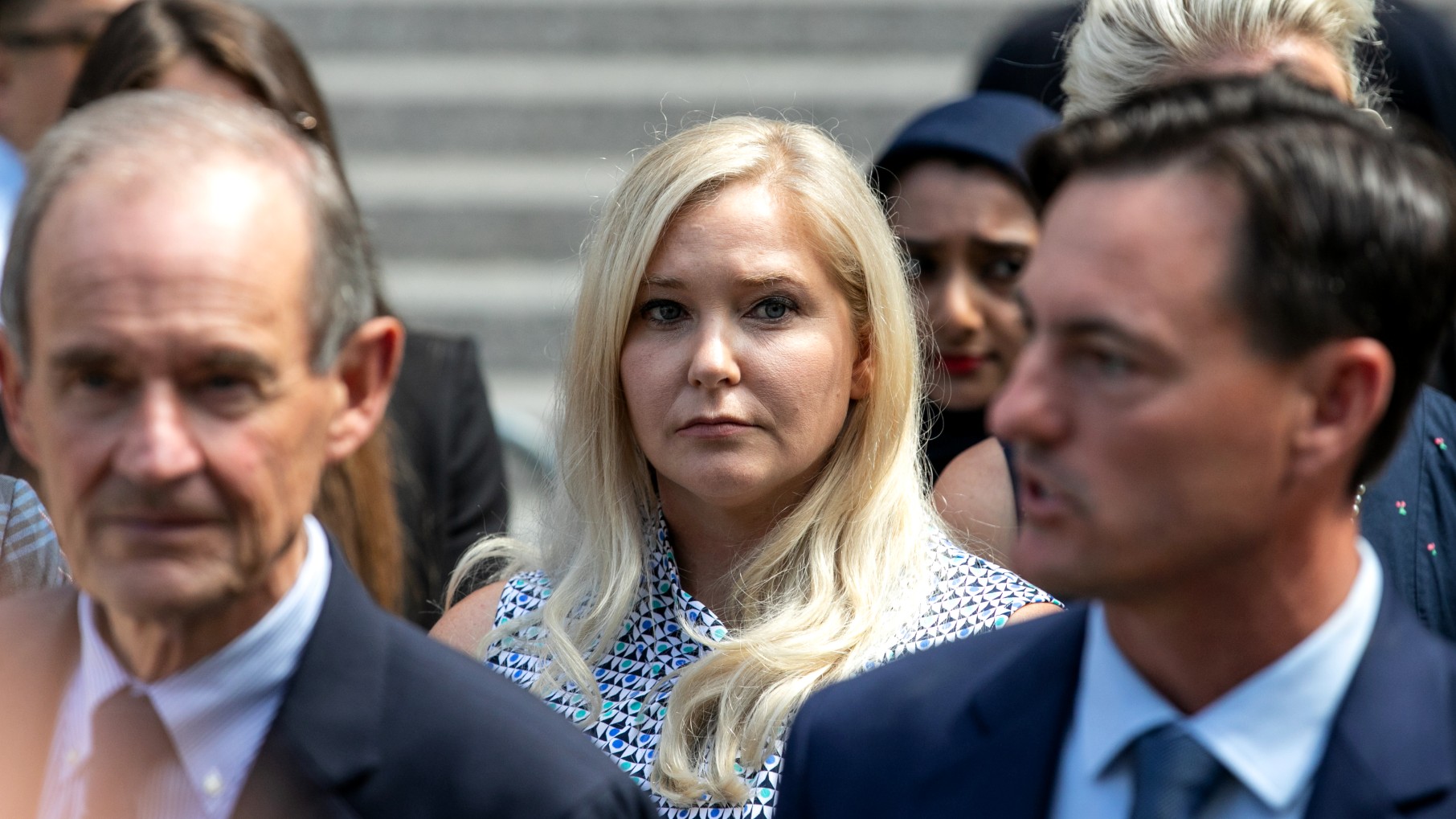 Virginia Giuffre: Prince Andrew accuser who stood up to 'power, money and privilege'
Virginia Giuffre: Prince Andrew accuser who stood up to 'power, money and privilege'In The Spotlight Woman at the centre of Jeffrey Epstein scandal and advocate for sex trafficking victims, has died aged 41
-
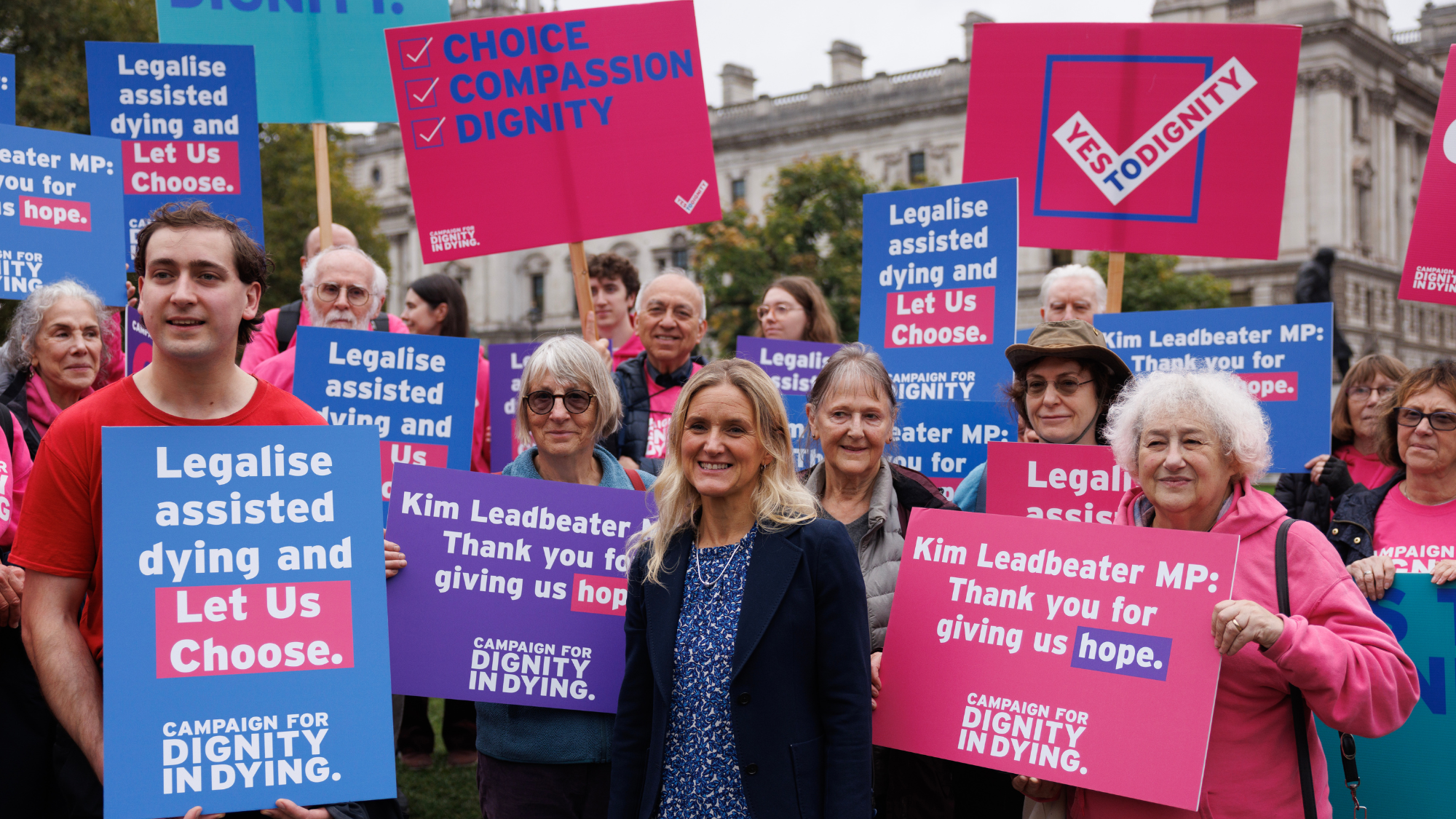 Assisted dying: what can we learn from other countries?
Assisted dying: what can we learn from other countries?The Explainer A look at the world's right to die laws as MPs debate Kim Leadbeater's proposed bill
-
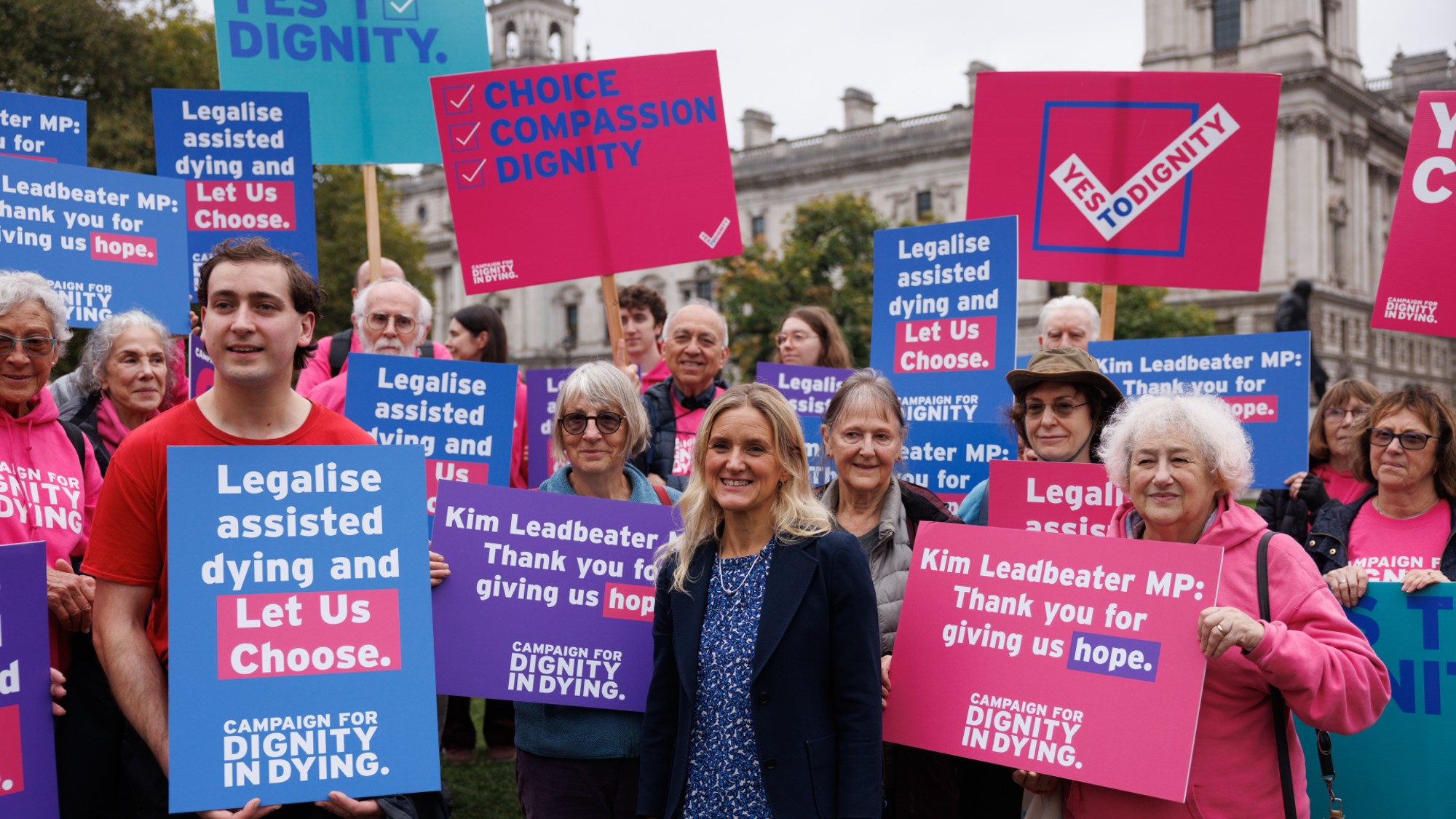 How would assisted dying work in the UK?
How would assisted dying work in the UK?The Explainer Proposed law would apply to patients in England and Wales with less than six months to live – but medics may be able to opt out
-
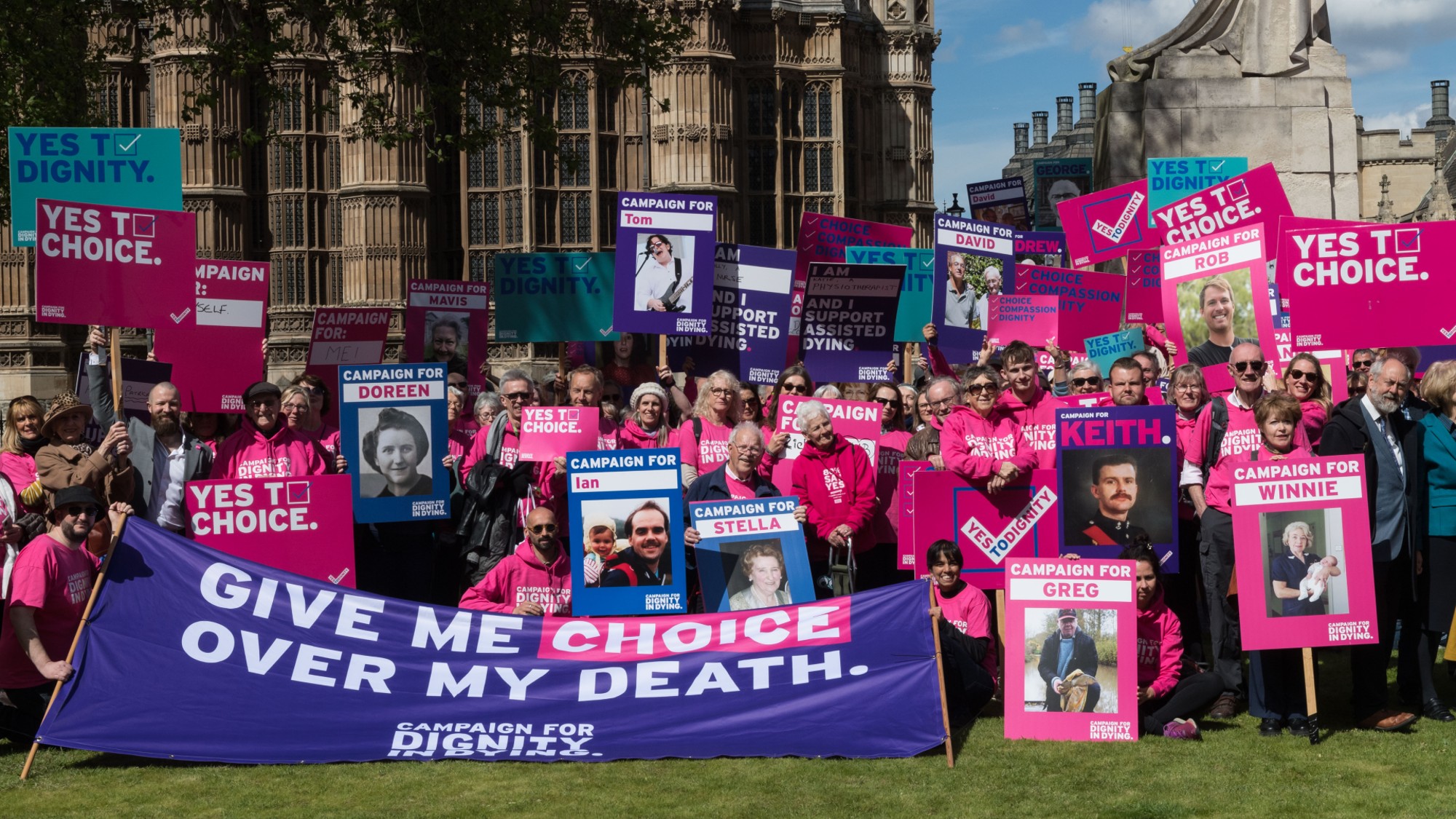 Assisted dying: will the law change?
Assisted dying: will the law change?Talking Point Historic legislation likely to pass but critics warn it must include safeguards against abuse
-
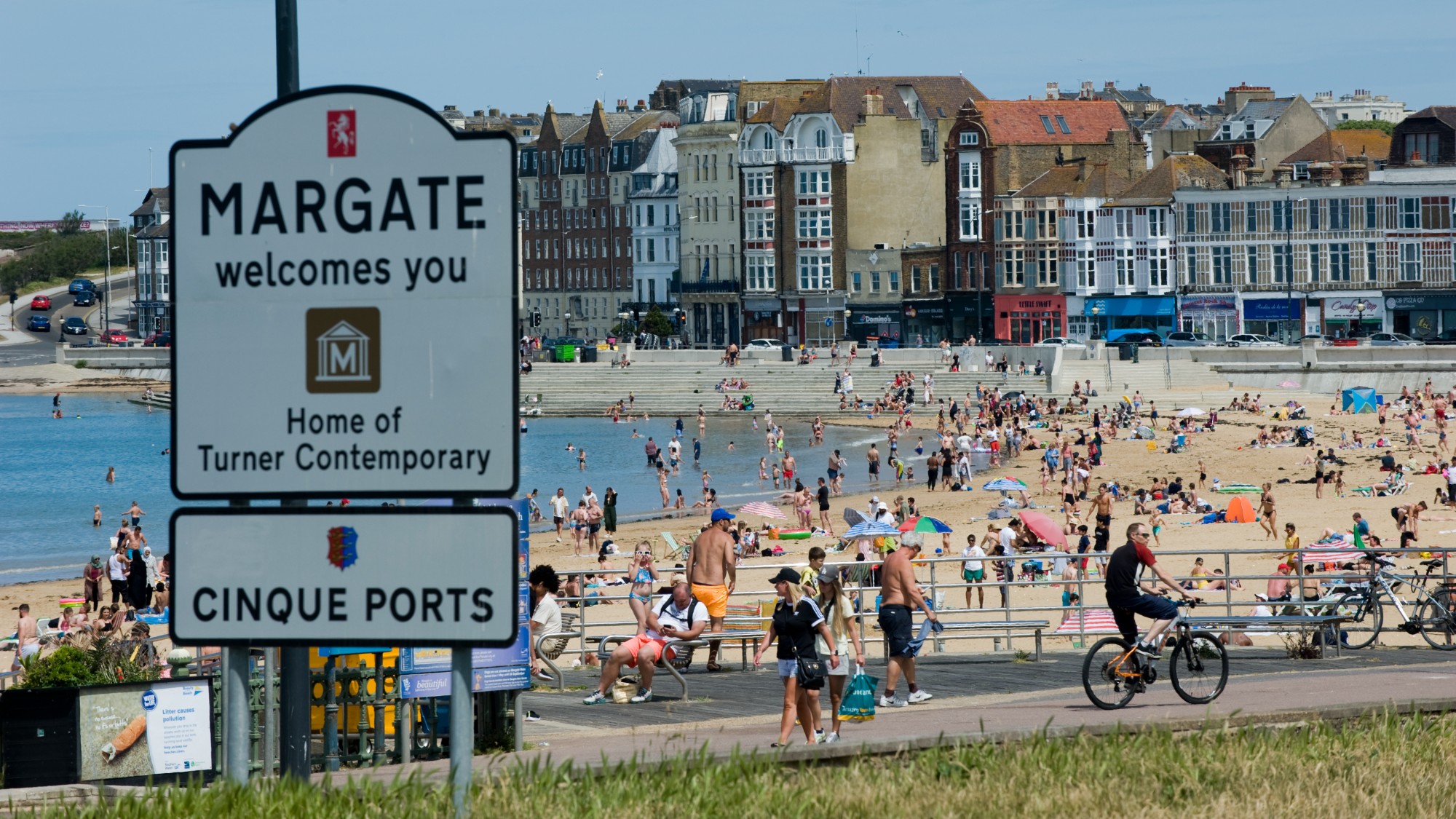 Swearing in the UK: a colourful history
Swearing in the UK: a colourful historyIn The Spotlight Thanet council's bad language ban is the latest chapter in a saga of obscenity
-
 The EU's landmark AI Act 'rushed' out as countdown begins on compliance
The EU's landmark AI Act 'rushed' out as countdown begins on complianceThe Explainer 'We will be hiring lawyers while the rest of the world is hiring coders' – Europe's warning about new AI legislation